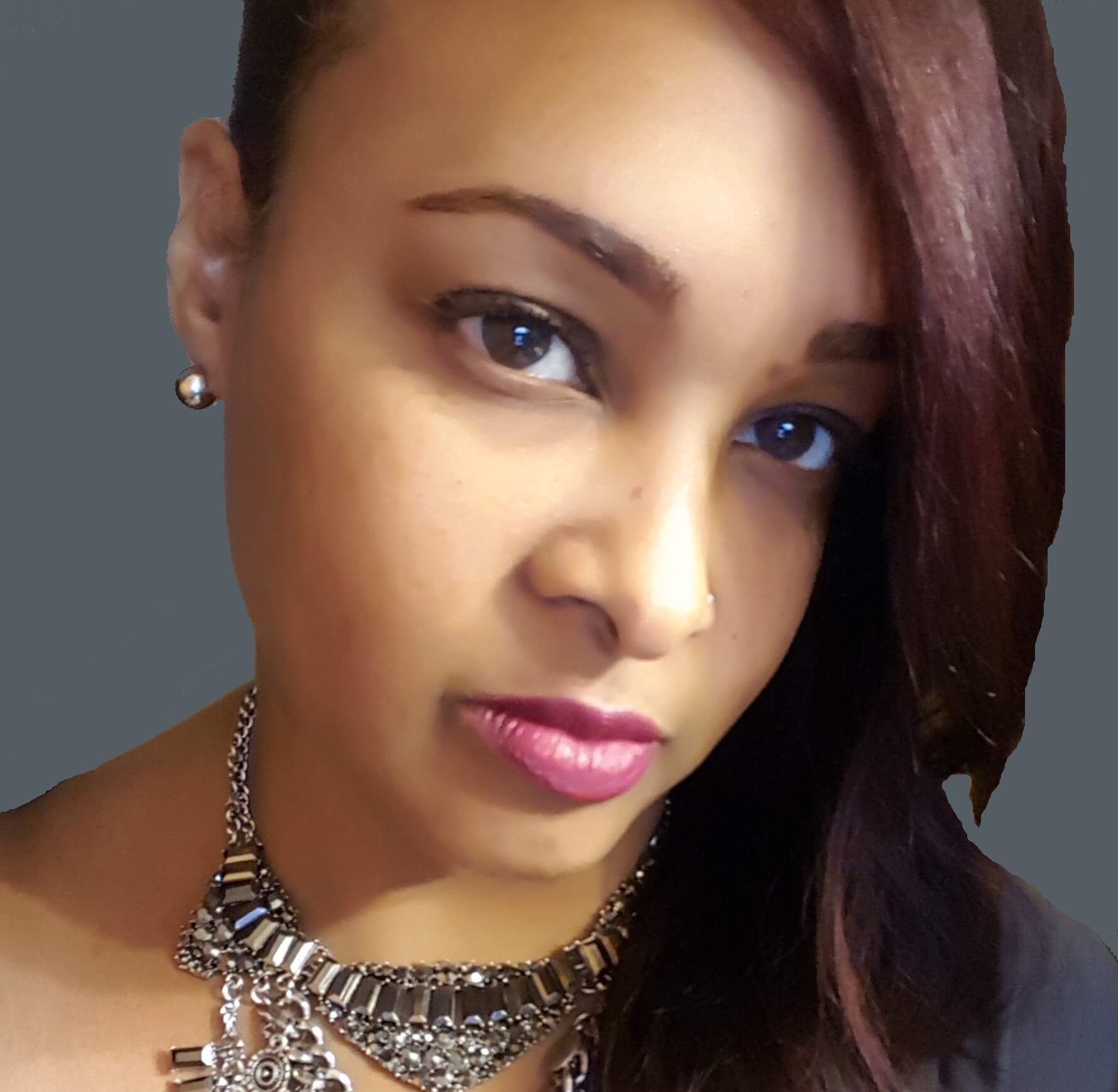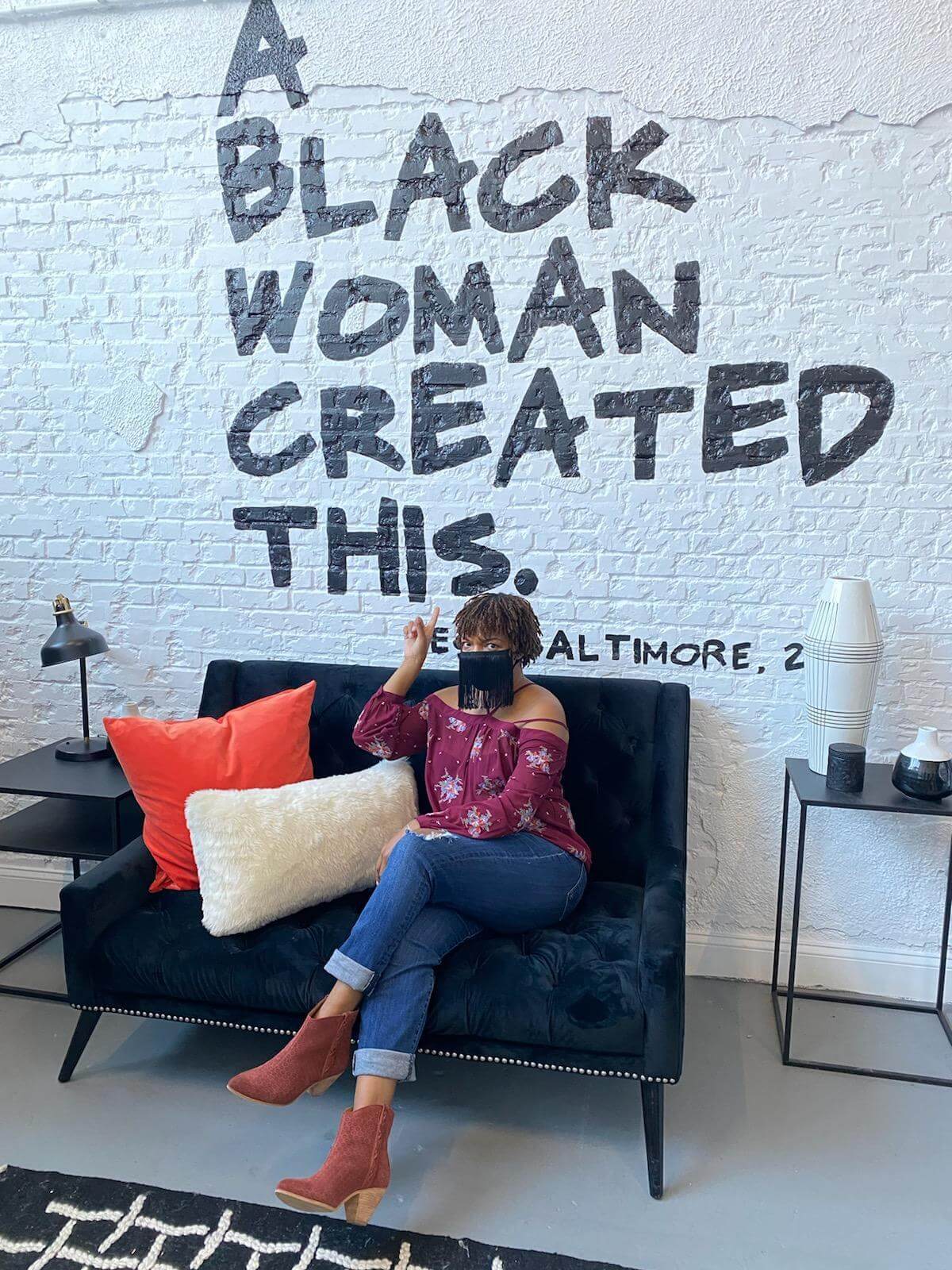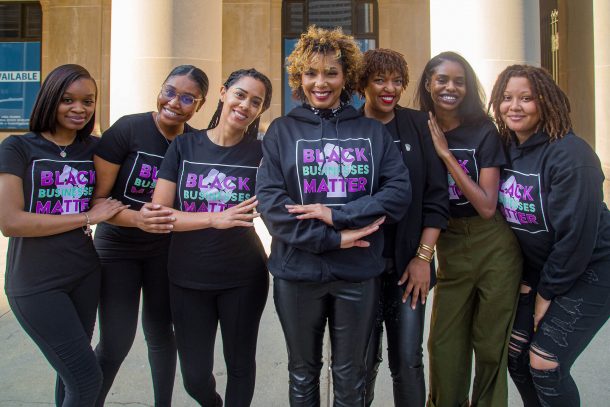
Client Event: 2023 Peoples Gas North Shore Gas Outreach Orientation (Photo Credit: The L3 Agency)
You’ve probably heard the term DEI before—at career fairs, in the office, or at schools. They are the new buzzwords. Diversity, Equity, and Inclusion (DEI) has become a large part of the corporate and academic world. DEI is a conceptual framework that organizations seek to embody, promoting a standard of respect and belonging that recognizes the value of diverse voices and emphasizes inclusivity and employee well-being across people of different ages, races, ethnicities, abilities, disabilities, genders, religions, cultures, and sexual orientations.
Inclusive marketing is paving the way for DEI in the workplace, ensuring that marketing efforts target a larger range of consumers, with diverse backgrounds, interests, and identities. Consumers are the most important part of any corporation, and according to a survey done by Markstein, an integrated communications agency, 70% of consumers want to see how the companies they support address social issues. Employees are another vital part of any organization, and a McKinsey & Company survey found that 44% of respondents who identify as women, 45% of respondents who are ethnic or racial minorities, and 50% of LGBTQ+ respondents didn’t pursue or turned down a job offer due to the employer’s lack of an inclusive mindset. (3 Ways Marketers Can Lead DEI). If consumers and employees are the most concerned with social responsibility in the workplace, is marketing the new face of DEI?

L3 Sponsored Event -Frozen Treat Social 2023 (Photo Credit: The L3 Agency
The idea of consumer representation says yes, it is; people want to feel targeted by advertising that appeals to them and aligns with who they are. A more diverse and representative world means that marketing and representation must target a diverse audience to retain customers and employees. A diverse team—marketing and beyond—within any organization promotes just that, by leading to varying perspectives and opinions that embody and promote Diversity, Equity, and Inclusion.
As the marketing industry becomes more attentive to its consumer base and actively tries to cater to it, marketing becomes less profit-driven and more people-centric, making businesses step outside of the lines of traditional business models. The foundations of a people-centric organization are based on empathy and an understanding of your audience. Therefore, it must be a top priority of any marketing team to get to know their target market incredibly well. Performative DEI, which lacks empathy and actionable accountability can much more easily backfire in this age—a catastrophic net loss for any organization driven by profit-driven marketing in a time of heightened empathetic approaches. With the current rise of empathy-driven marketing, we can optimistically consider how marketing might be a significant force for positive social change.
The current marketing landscape presents a powerful opportunity. By moving beyond performative gestures and embracing genuine DEI initiatives, marketing can become a transformative force. Businesses must recognize that empathy requires action that goes beyond basic advertising. Consumers, especially the Gen Z demographic, are critical voices who hold companies accountable for their DEI practices. By actively incorporating DEI into their core values and missions, marketing teams and entire institutions can create a diverse workforce that reflects a diverse consumer landscape. Let marketing be the catalyst for a world where everyone feels valued, empowered, and truly seen. Imagine that!














